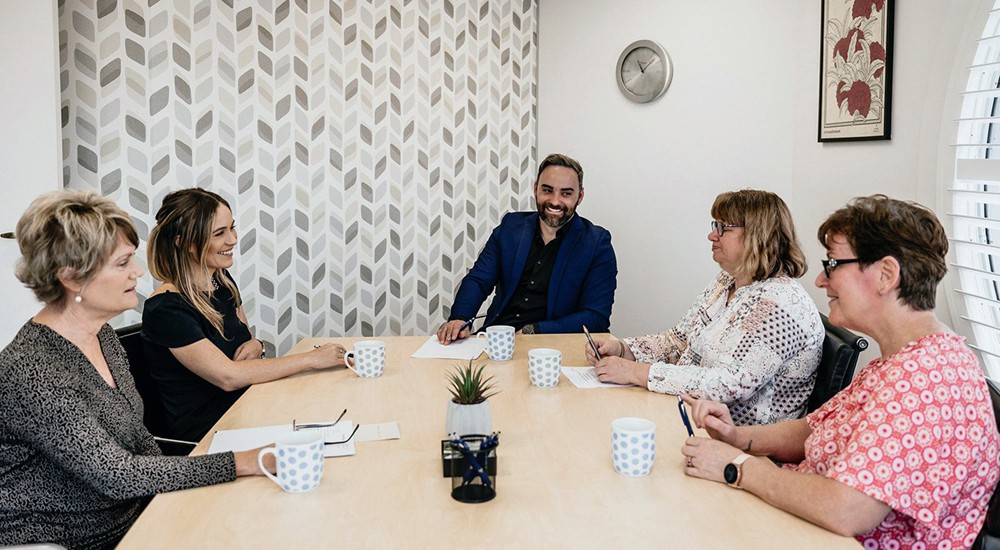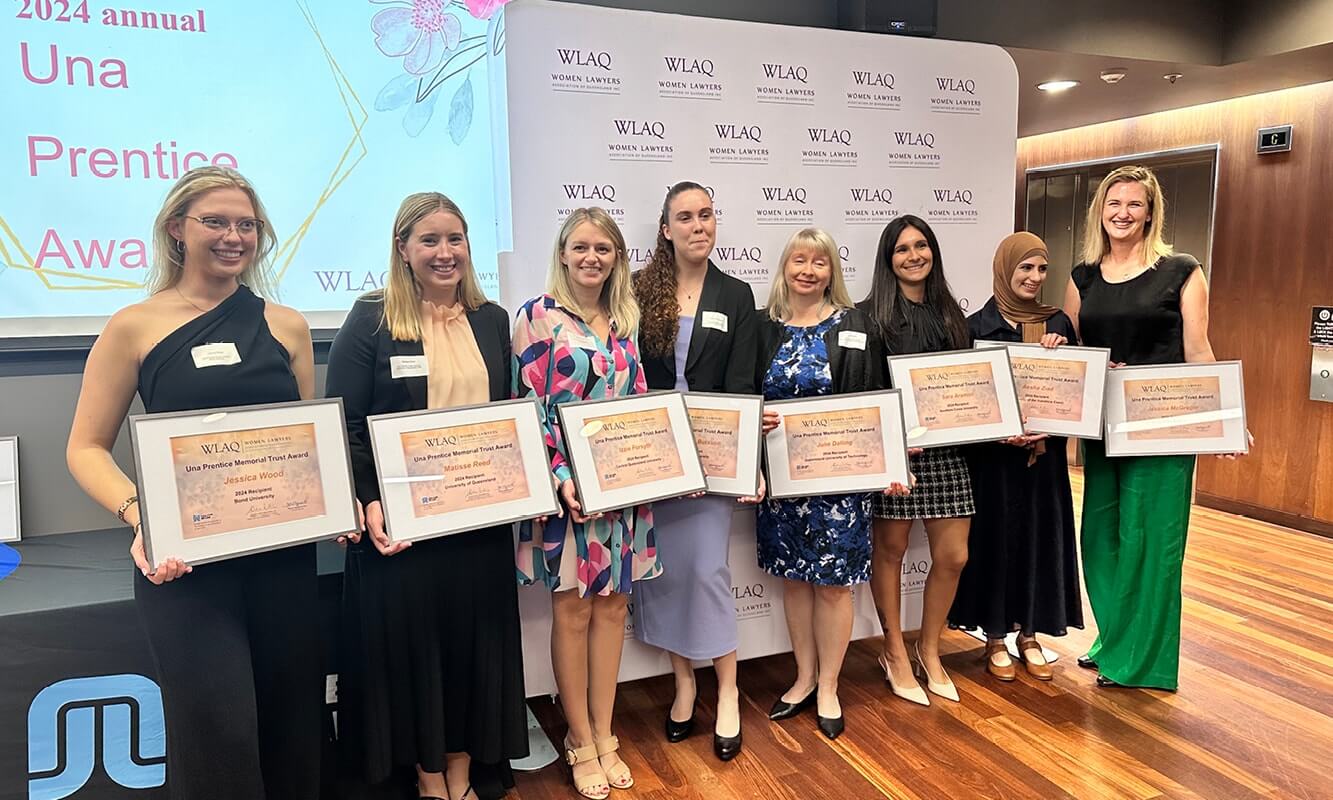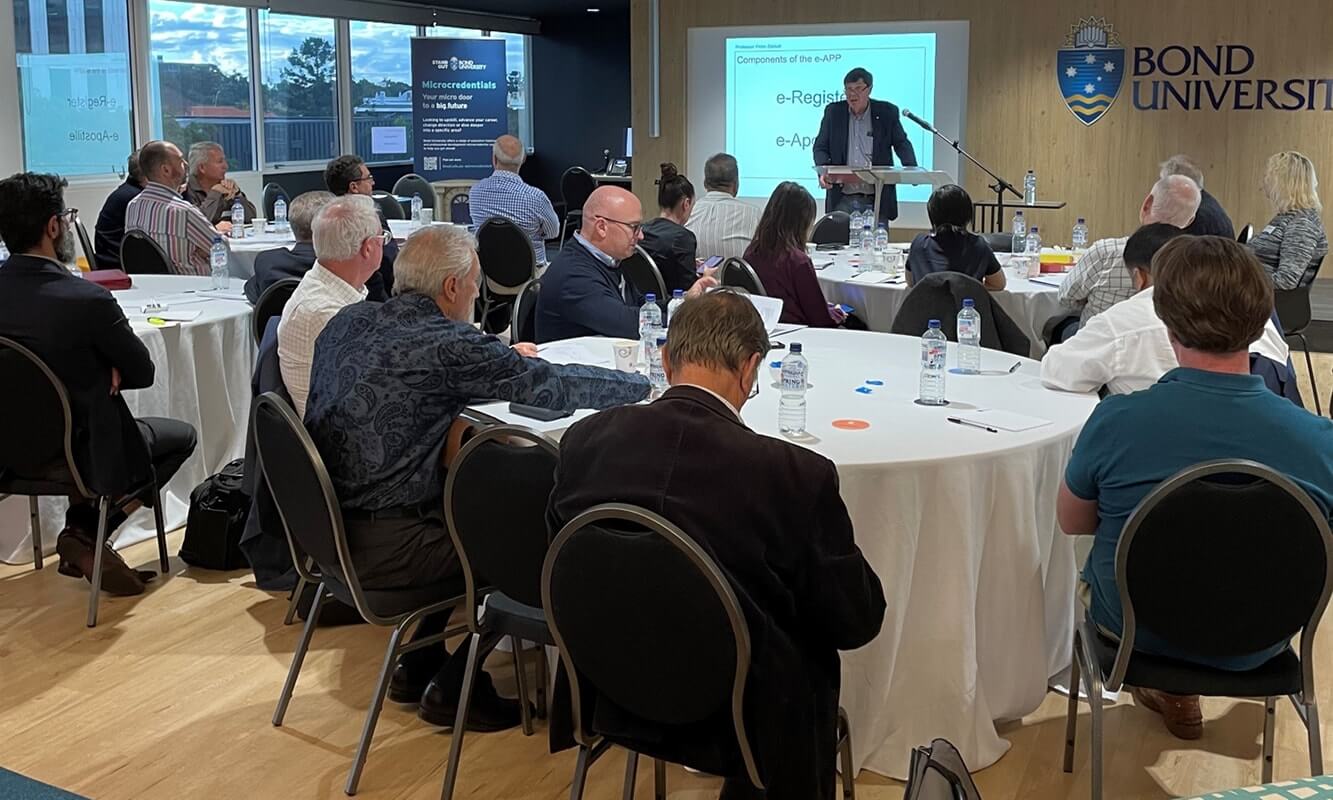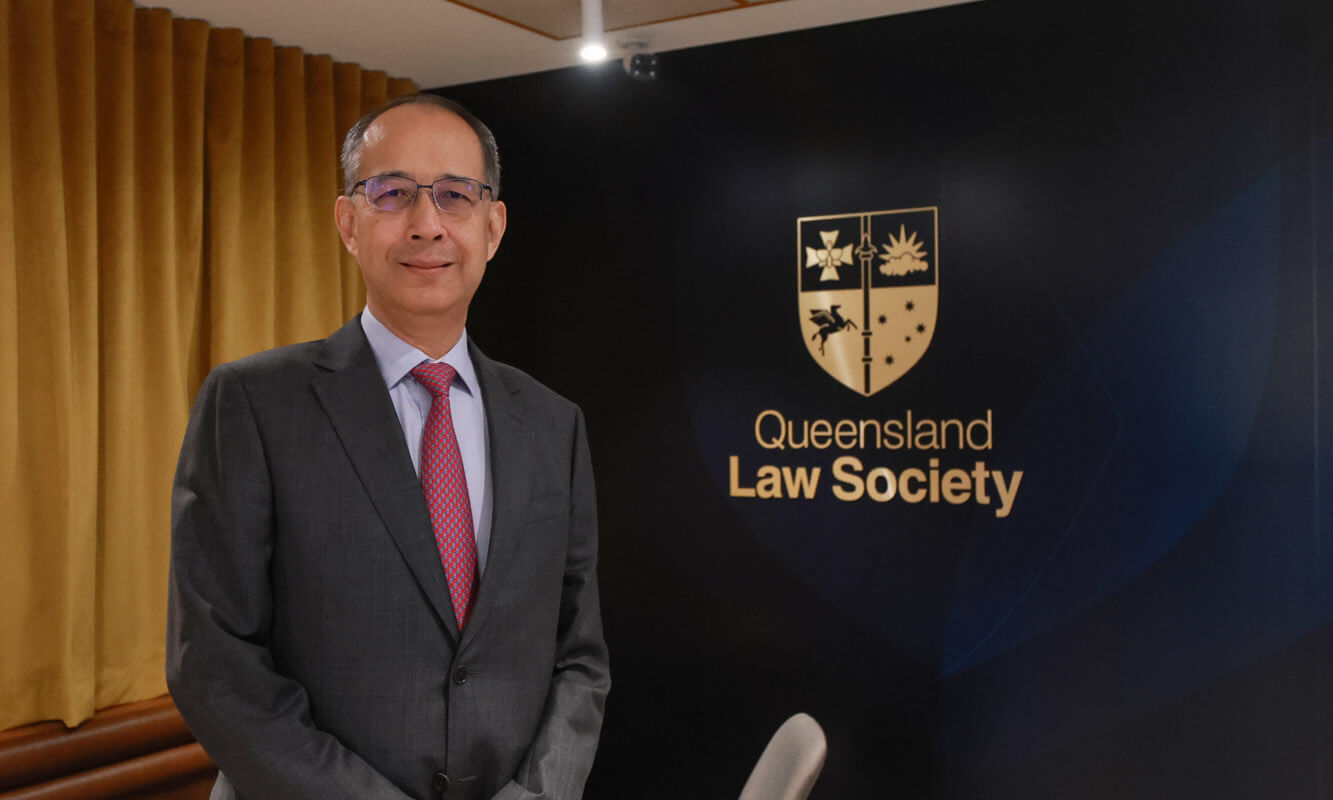This content has been archived. It may no longer be relevant
Game Changers is a short series of conversations with innovators in Queensland legal practice. It is an initiative of the Queensland Law Society Innovation Committee.
Jacob Corbett is a Director of Bradley + Bray Solicitors and concentrates on business, commercial and real estate law.
Jacob has won many legal industry awards, including the International Advisory Experts Business Lawyer of the Year (Australia) Award this year.
Tell me about your practice or innovation and how it operates?
My practice is Bradley & Bray Lawyers, a boutique law firm that has been servicing the Sunshine Coast since the 1970s. We look after a range of clients in the areas of commercial, property, and succession areas of Law. We operate by using innovative strategies to deliver traditional legal advice to busy clients, including the use of technology platforms to receive instructions so that clients can engage with us at a time that suits them
.
Was there a particular problem you were trying to solve?
Yes! Our clients are over the traditional regional law firm model, and who can blame them? We recognised the need to provide quality and relevant legal advice, which is what we excel at. However we needed to provide the advice in a way that either met or exceeded client expectations around how services are delivered in this digital age.
The days of clients waiting for posted letters, booking appointments to come in multiple times and lengthy matters should be behind us. So, the problem we were solving is ‘How can we make legal advice more accessible for busy clients in a modern world?’.
What is the most innovative aspect? How different is it from the traditional legal service model?
We started by being early adopters to PEXA – a digital conveyancing platform in Australia (and now internationally) that I now am fortunate enough to sit on the Member Advisory Council for. This used to be novel, now it’s commonplace. For us, it was the first example of asking the question ‘Why are property settlements done like this?’, then looking for ways to change it.
That led to us then looking around at what else we could improve. The next obvious thing was dealing with forms, authorities, costs agreements, initial letters – the usual and expected ‘lawyer’ things for clients to do.
They all have to be done, so we sought to digitalise the process here to make this easier for both us and our clients. We partnered with a company called Settify, which involved moving the ‘data collection’ side of wills and estate planning appointments to an online platform, allowing clients to start the process in the comfort of their own home, when they are ready.
Once submitted, the data is forwarded to us, a file is automatically opened in our system, and we can get started reviewing it straight away.
How did you go about implementing your ideas? What was the most important step in making it happen?
We started by identifying the pain points reported by clients. We asked ‘Why do they not like dealing with the legal profession? What is it that causes people to delay getting their wills sorted?’
Asking these types of questions allowed us to look deeper into the problems faced by our clients, with many of the answers to these issues being available in technology.
I think setting aside time to ‘sharpen the saw’ is pivotal here; it’s difficult to look closely at stuff like this when you’re trying to undertake legal work in high-stress environments.
I take half a Monday each month to look at the firm, it’s processes and financial aspects of the business with an advisor, and one full day every quarter to look at the future of the firm and where we want to be in the next few years. I would recommend everyone try that out, it’s amazing what you find when your heads not in files!
Jacob Corbett
What advice would you give to others about implementing innovation in their business?
Start by setting aside time to focus on the firm itself. Make innovation a key topic of this focus time, and invite discussion and ideas from your team. My team have given me so many great ideas, it’s worth consulting them.
Use your new focus time to reach out to people you are connected with and ask what more you could be doing. For example, it was our legal software provider LEAP who was able to assist us with partnering with Settify. There are so many resources available when you take the time to put up your hand and ask the question. Make it a priority in your business.
How did you judge success and what business impact have you had?
A few metrics were important to me:
(a) Staff satisfaction – getting constant feedback from my team and whether the particular innovation improved their experience, or made it worse;
(b) Client satisfaction – whether the clients were happy with the approach we were taking and how they find the experience (we survey every client after a matter), and
(c) Financial – Is the innovation contributing to our firm financially? What you would normally like to see is greater ability for volume, with less impact on staff.
A few of the innovations I’ve mentioned have so far ticked all the boxes: staff are happier, clients are happy, and you end up in a position of being able to take on more work, with less impact on the staff, or you need to take on less new staff because your systems start to improve dramatically. It’s a pretty compelling argument for the investment of time and resources!
What did you learn from your experience?
As an industry we are very far behind others in our aptitude for innovation and technology, and we are just scratching the surface of what is possible. Not every new piece of technology offered to you will be suitable for your style and your business, but you need to keep an open mind when approaching this topic.
Change is not as scary as it first seems. Give it time and you’ll be wondering how you ever did without that new system or process.
As a legal innovator, what are some of the biggest challenges you see for the legal profession in developing innovative new ways to provide legal services?
Regulation and industry bodies, including insurers, present a challenge. I believe this is why we are so slow to innovate in comparison with other industries, we are so risk adverse and heavily regulated.
It’s not that I don’t appreciate and understand why that is the case, but what will inevitably happen, as has happened on many occasions with us, is that you will find little support or encouragement from those that set the perimeters in which we can operate in. It takes a few firms undertaking some risks to get traction and create industry norms in many technological pursuits.
So, what’s next?
We will keep asking the question ‘How can we make legal services better for our staff and our clients?’, and then find the answers.
I am excited to look deeply into other areas of our business and root out all of the sub-optimal systems we have hanging around! We have some exciting things planned shortly (even within the next month), however my goal is not to so much focus on scaling up right now, but rather focus on optimising the processes we have now and continuing to build Bradley + Bray into an ever-evolving efficient powerhouse of legal advice.
Jemima Harris is an experienced lawyer, Legal and Strategic Projects Director at Megaport (an ASX-listed global tech company) and a founder of Invia Legal Operations. She is recognised as an expert in legal operations, strategy, transformation and continuous improvement. She is a member of the QLS Innovation Committee.















Share this article